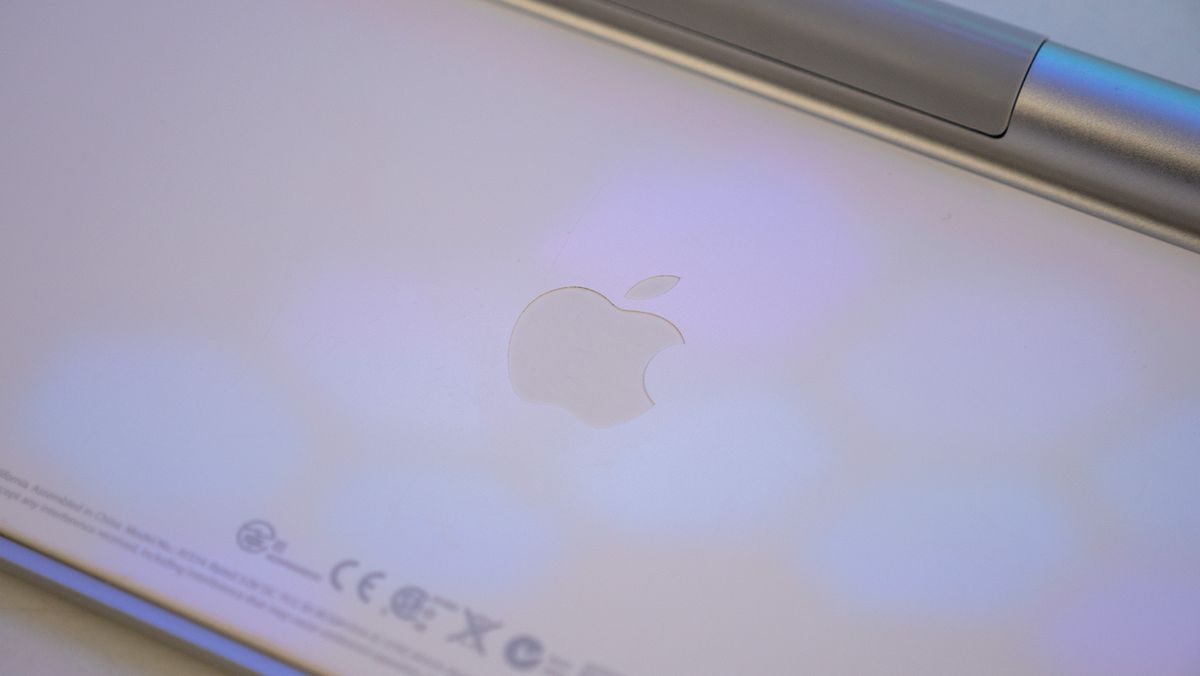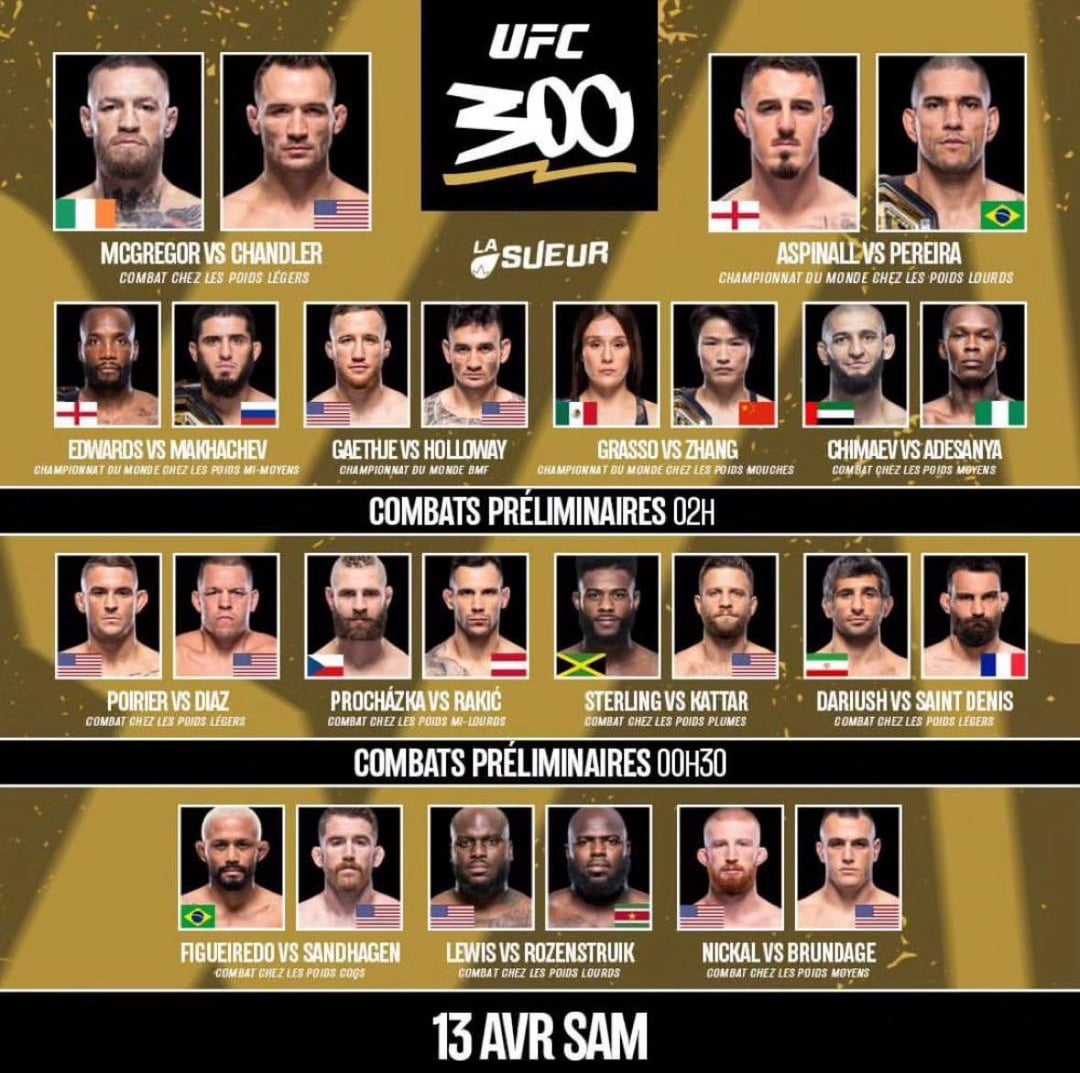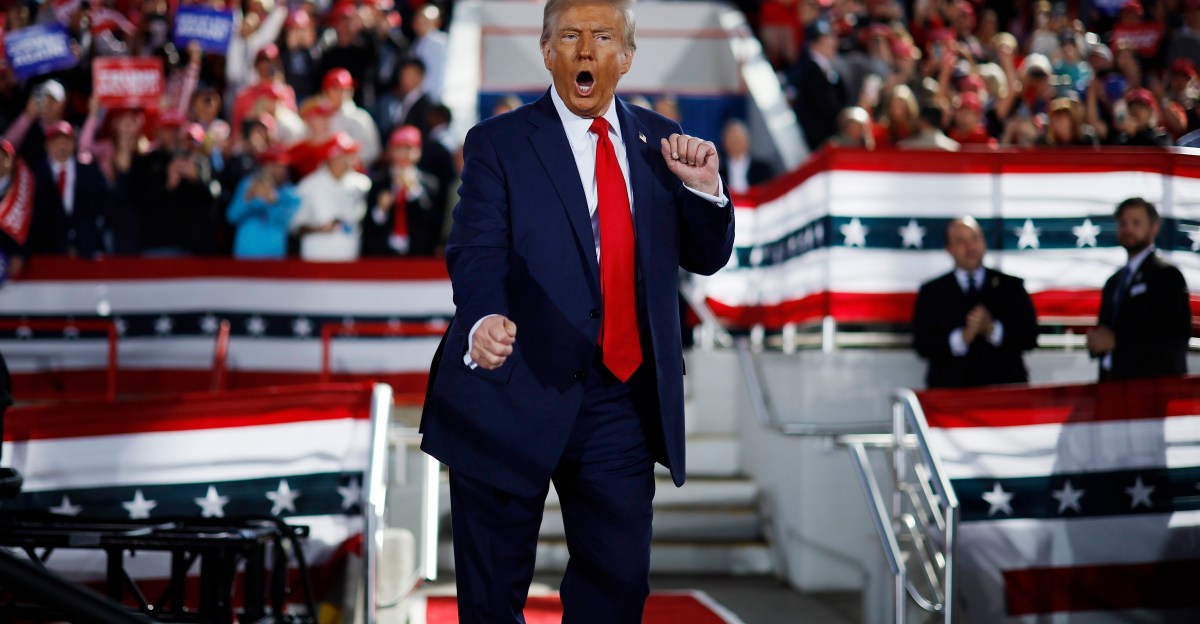Meta Faces FTC Defense In Monopoly Case

Table of Contents
The FTC's Case Against Meta: Allegations of Anti-Competitive Practices
The FTC's antitrust lawsuit against Meta centers on the allegation that the company engaged in anti-competitive behavior to maintain its market dominance. The core argument rests on Meta's acquisitions of Instagram and WhatsApp. The FTC claims these acquisitions weren't simply strategic business moves; instead, they were deliberate actions to eliminate potential competitors and solidify Meta's monopoly power.
-
Eliminating Potential Rivals: The FTC argues that Instagram and WhatsApp posed significant threats to Facebook's market share. By acquiring them, Meta prevented these platforms from becoming serious rivals and potentially disrupting Facebook's dominance.
-
Stifling Innovation: The commission contends that these acquisitions stifled innovation within the social networking market. Without the competitive pressure from independent Instagram and WhatsApp, Meta allegedly reduced its investment in product development and improvements, resulting in a less dynamic and innovative market for consumers.
-
Limiting Consumer Choice: The FTC claims that Meta's acquisitions ultimately limited consumer choice. By controlling three of the most popular social networking platforms, Meta allegedly reduced the variety and quality of social media options available to users.
-
Requested Remedies: The FTC seeks significant remedies, including the potential divestiture of Instagram and WhatsApp from Meta. This would involve forcing Meta to sell off these acquired companies to restore competition in the market. This drastic measure underscores the seriousness of the FTC's allegations.
Meta's Defense Strategy: Challenging the FTC's Monopoly Claims
Meta vehemently denies the FTC's allegations, arguing that the social media market is far more competitive than the commission portrays. Their defense strategy hinges on several key arguments:
-
A Competitive Market: Meta contends that the social networking market is dynamic and fiercely competitive, with numerous players vying for users' attention. They highlight the existence of platforms like TikTok, Twitter (now X), and Snapchat as evidence of a thriving competitive landscape.
-
Innovation and Consumer Benefit: Meta argues that the acquisitions of Instagram and WhatsApp spurred innovation and ultimately benefited consumers. They point to the integration of features and functionalities across platforms as examples of how these acquisitions resulted in improved user experiences.
-
Legal Strategy: Meta's legal team is employing a robust defense, challenging the FTC's interpretation of antitrust laws and the evidence presented. They are likely to focus on demonstrating that the acquisitions were pro-competitive and didn't harm consumers.
-
Expert Witnesses and Evidence: Meta is expected to present expert witnesses and extensive evidence to support its claims, including market analysis, consumer data, and internal documents demonstrating its commitment to innovation and competition.
The Role of Acquisitions in the Case
The acquisitions of Instagram in 2012 and WhatsApp in 2014 are central to the FTC's case. The FTC will likely argue that Meta failed to adequately assess the competitive implications of these mergers before completing them, potentially violating antitrust laws.
-
Due Diligence Scrutiny: The FTC will likely scrutinize the due diligence processes Meta conducted before the acquisitions, questioning whether they properly evaluated the potential anti-competitive effects.
-
Timing and Circumstances: The timing and circumstances surrounding each acquisition will also be heavily examined. The FTC may attempt to demonstrate that the acquisitions were strategically timed to eliminate nascent competitors before they could gain substantial market share.
-
Antitrust Laws Interpretation: The case will likely involve a detailed examination of existing antitrust laws and their application to mergers and acquisitions in the rapidly evolving tech sector. The legal precedents set by this case could significantly impact future mergers and acquisitions in the tech industry.
Potential Outcomes and Implications of the Meta-FTC Case
The Meta-FTC case could have several potential outcomes, each with significant implications for the tech industry and antitrust law:
-
FTC Victory: An FTC victory could result in significant fines for Meta and potentially the forced divestiture of Instagram and WhatsApp. This would set a strong precedent for regulating tech giants and their acquisition strategies.
-
Meta Victory: A victory for Meta would weaken the FTC's ability to regulate large tech companies and could embolden other tech giants to pursue similar acquisition strategies.
-
Settlement: A negotiated settlement could involve Meta agreeing to certain concessions, such as altering its business practices or making structural changes to its operations, without admitting guilt.
-
Industry Impact: Regardless of the outcome, the case will have a profound impact on the tech industry, influencing how large companies operate and approach mergers and acquisitions. It could lead to increased regulatory scrutiny and potentially stricter antitrust enforcement.
-
Regulatory Changes: The case could prompt significant regulatory changes, including stricter guidelines for mergers and acquisitions in the tech sector and potentially new legislation to better address the unique challenges posed by powerful digital platforms.
Conclusion
The Meta-FTC monopoly case is a landmark legal battle with far-reaching implications for the future of the tech industry and antitrust law. The outcome will significantly impact how large tech companies operate and how mergers and acquisitions are regulated. The FTC's claims of anti-competitive behavior and Meta's vigorous defense highlight the complexities of maintaining a competitive digital marketplace. The case’s resolution will provide crucial clarity on the boundaries of acceptable corporate behavior in the digital age.
Call to Action: Stay informed about the ongoing developments in the Meta-FTC monopoly case. Understanding the issues at stake is crucial for anyone interested in the future of social media and the digital landscape. Follow updates on this significant legal battle and its potential impact on the future of tech company competition. The future of the digital market depends on the outcome of this pivotal antitrust case.

Featured Posts
-
 Armenias Parg Confirmed For Eurovision In Concert 2025
May 19, 2025
Armenias Parg Confirmed For Eurovision In Concert 2025
May 19, 2025 -
 Ufc Fight Night 220 Burns Vs Morales Date Time Location And Fight Card Breakdown
May 19, 2025
Ufc Fight Night 220 Burns Vs Morales Date Time Location And Fight Card Breakdown
May 19, 2025 -
 Legendary Singers Farewell Performance Memory Issues Force Retirement
May 19, 2025
Legendary Singers Farewell Performance Memory Issues Force Retirement
May 19, 2025 -
 Trumps Winning Coalition Signs Of Fracture In 2024
May 19, 2025
Trumps Winning Coalition Signs Of Fracture In 2024
May 19, 2025 -
 Carsamba Guenue Ledra Pal Dijital Veri Tabani Ile Isguecue Piyasasi Rehberi
May 19, 2025
Carsamba Guenue Ledra Pal Dijital Veri Tabani Ile Isguecue Piyasasi Rehberi
May 19, 2025
